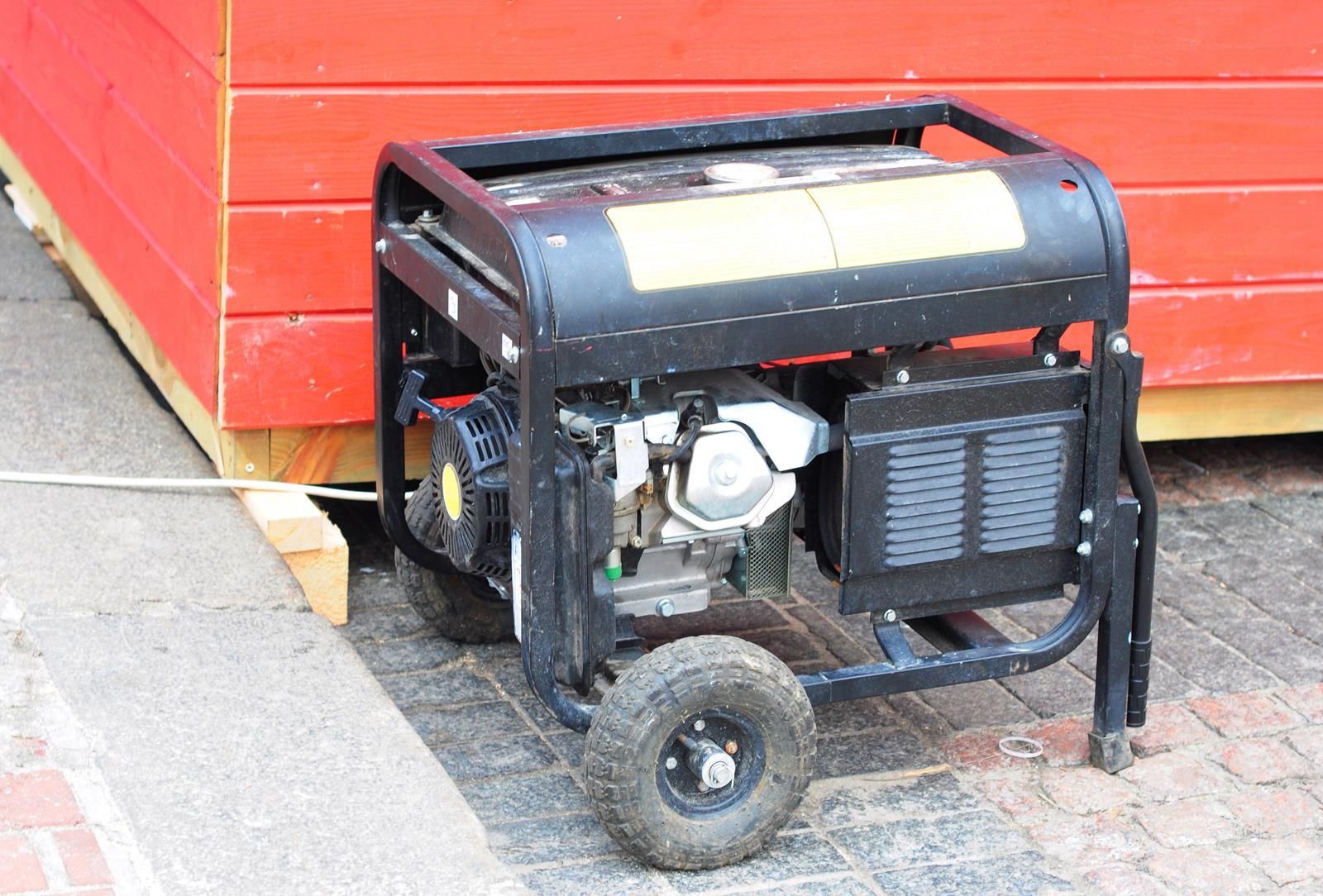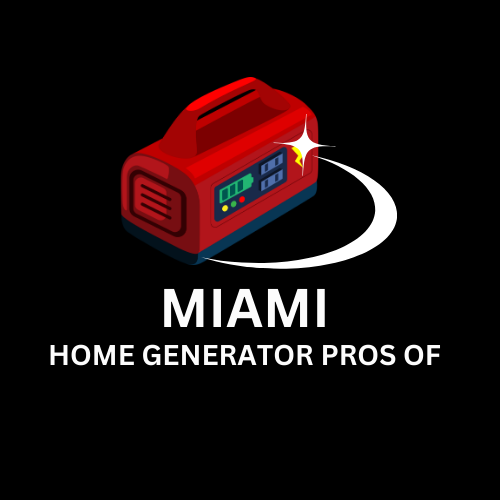Electric Generators in Miami FL
An electric generator is a device that converts mechanical energy into electrical energy. It is essential for producing electricity when the main power supply is interrupted or unavailable. Generators are particularly valuable due to the area's susceptibility to hurricanes and power outages. They ensure that homes and businesses remain operational even during extended power failures.
Different Types and Key Components
Generators come in various types, each suited for different needs. The most common types include portable generators, standby generators, and inverter generators. Portable generators are ideal for temporary power needs and can be easily moved from one location to another. Standby generators are permanently installed and automatically activate during power outages, providing a seamless power supply to critical systems. Inverter generators are known for their quiet operation and are often used in residential settings.
Key components of a generator include the engine, alternator, fuel system, and control panel. The engine powers the generator, while the alternator converts mechanical energy into electrical energy. The fuel system supplies the engine with fuel, and the control panel allows users to manage and monitor the generator's operation.
How It Works
Generators operate on the principle of electromagnetic induction. When the engine runs, it turns the alternator, which generates electricity by moving a magnetic field past a set of coils. This movement creates an electrical current, which is then distributed to power devices and appliances. The generator's control panel helps regulate the voltage and ensure that the output is consistent and safe for use.

Regular Inspections and Servicing
To keep a generator running efficiently, regular inspections and servicing are crucial. Routine maintenance tasks include checking the oil level, inspecting the air filter, and ensuring the fuel system is clean. It is also important to test the generator periodically to ensure it starts properly and functions as expected. Scheduling professional servicing at least once a year can help identify potential issues before they become major problems and extend the life of the generator.
Proper Installation and Usage
Proper installation is essential for the safe and efficient operation of a generator. Installation should be carried out by a licensed professional to ensure that the generator is set up correctly and complies with local regulations. Placement is also important; generators should be installed in a well-ventilated area away from flammable materials and exhaust outlets. Users should follow the manufacturer's guidelines for operation and maintenance to prevent accidents and ensure the generator performs optimally.
Applications and Uses
Generators have a wide range of applications. In residential settings, they provide backup power during outages, keeping essential appliances running and ensuring comfort and safety. Businesses use generators to maintain operations and protect sensitive equipment during power disruptions. Additionally, generators are valuable for outdoor events, construction sites, and emergency response situations, where reliable power is needed in locations without access to the grid.
Factors to Consider When Choosing a Generator
When selecting a generator, several factors should be considered to ensure it meets your needs. First, determine the power requirements by calculating the total wattage of the devices you need to run. Consider the type of generator that best fits your situation, whether portable, standby, or inverter. Fuel type is another important factor; generators can run on gasoline, diesel, propane, or natural gas. Additionally, think about the generator's noise level, as quieter models are often preferred in residential areas. Finally, evaluate the generator's features, such as automatic start, fuel efficiency, and ease of maintenance.
Environmental Considerations
Generators can have an impact on the environment, so it is important to choose a model that minimizes emissions and fuel consumption. Many modern generators are designed to be more environmentally friendly, with features that reduce noise and lower emissions. Regular maintenance also helps ensure that the generator runs efficiently, reducing its environmental footprint. Consider using alternative fuel options, such as propane or natural gas, which can be cleaner than gasoline or diesel.
If you need assistance with
electric generators in Miami, FL, whether for installation, maintenance, or repair, we are here to help. Our team of experts is ready to provide the information and services you need to ensure a reliable power supply for your home or business. Contact us today to discuss your generator needs and find the perfect solution for your power requirements.
Cost Analysis: Are Electric Generators Worth the Investment?
Electric generators have become increasingly popular for both residential and commercial use. As we face more frequent power outages and seek greater energy independence, the appeal of having a reliable backup power source is undeniable. However, before making an investment, it's crucial to assess whether the cost of purchasing and maintaining an electric generator is justified. This analysis will explore the various costs associated with electric generators and help determine if they offer good value for your money.

If you’re considering investing in an electric generator and need assistance evaluating your options, our team is here to help. We offer expert guidance on selecting the right generator for your needs, provide detailed cost estimates, and ensure professional installation and maintenance services. Contact us today to discuss your requirements and explore how we can assist you in making a well-informed investment. Your reliable power solution is just a call away.
Electric Generators for Small Businesses: What You Need to Know
Selecting the right electric generator is essential to ensure you meet your power needs effectively and efficiently. In Miami, FL, where weather-related outages and power disruptions are common, making an informed choice is crucial. Here are key considerations to keep in mind when choosing an electric generator:
If you’re ready to invest in an electric generator for your small business or need more information on choosing the right model, our team is here to help. Contact us today to discuss your specific needs, get expert advice, and find the perfect generator to keep your business running smoothly. Don’t let power outages disrupt your operations—secure your business’s future with a reliable generator.
